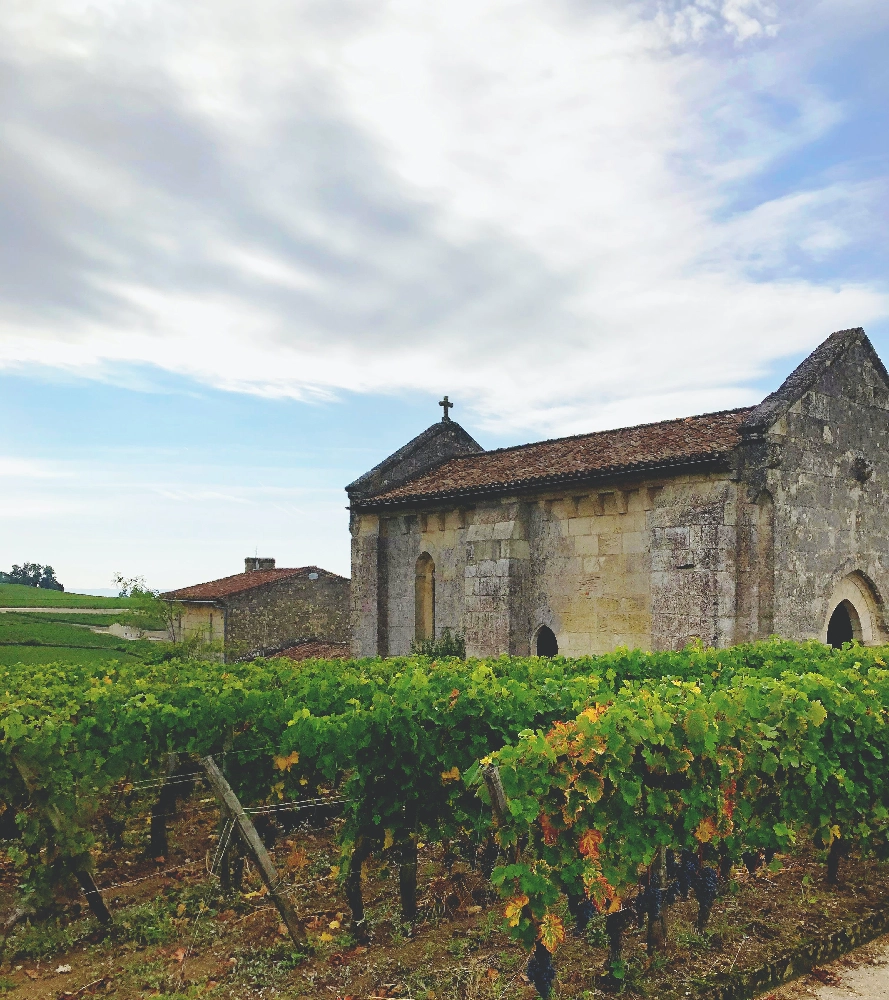
Islas Baleares Wineries & Wines Stats
Wineries
36
Wines
222
A Wine Genealogist's Exploration of the Historical Significance of Islas Baleares and its Vinous Legacy
Introduction: Islas Baleares, or the Balearic Islands, located in the western Mediterranean Sea, have a rich history that extends far beyond their stunning beaches and crystal-clear waters. This captivating archipelago boasts a unique vinous legacy shaped by its geographical isolation, diverse topography, and cultural influences. In this historical wine significance review, we delve into the fascinating tale of Islas Baleares, unraveling its intriguing past as a Wine Genealogist.
Geographical Isolation and Topography: The Balearic Islands are an autonomous community of Spain, comprised of Mallorca (Majorca), Menorca (Minorca), Ibiza, and Formentera. Their geographical isolation in the Mediterranean Sea has contributed to the development of distinct grape varieties and wine styles. The islands' diverse topography includes mountainous terrain, rolling hillsides, and expansive plains, which create a myriad of microclimates that influence the growth and character of their grapes (as indicated in your initial data with no regionWineStyle or regionWineStyleRELATEDto).
Historical Context: The first known evidence of wine production on Islas Baleares dates back to 1232 AD, when James I of Aragon conquer the islands. However, it is believed that the Phoenicians and Carthaginians were among the earliest settlers to introduce grapevines to the islands around 600 BC. Wine production played a crucial role in the economic development of these islands throughout history.
Grape Varieties: Throughout the centuries, the Balearic Islands have cultivated various grape varieties, many of which remain unique to this region. Some of the most notable ones include Callet (also known as Moll), Gorgullets Blancs, and Prensal Blanc for white wines, and Monastrell (Mourvèdre) and Callet (Majorcan Garnatxa) for red wines.
Cultural Influences: The Balearic Islands have been influenced by various cultural currents throughout history, which have shaped their wine traditions. From the Phoenicians and Carthaginians to the Romans, Arabs, French, and Catalan settlers, each civilization left its mark on the islands' vinous legacy. For example, the traditional winemaking method of "vinagre de garraf" (wine aged in clay jars) was likely influenced by the Arab settlers.
Food Pairings: The Balearic Islands offer a diverse culinary scene that pairs beautifully with their wines. Seafood dishes, such as paella and suquet, are popular choices for white wines, while heartier meats like sobrasada (a traditional Mallorcan sausage) or lamb are well-suited to red wines.
Conclusion: The historical significance of Islas Baleares and its vinous legacy is a testament to the islands' rich cultural heritage and their ability to adapt to various external influences. As a Wine Genealogist, I am captivated by the story of these islands and the unique wines they produce – a tale that continues to evolve with each new generation of grape growers and winemakers. I invite you all to join me on this journey of discovery and savor the delicious fruits of Islas Baleares' vineyards.
